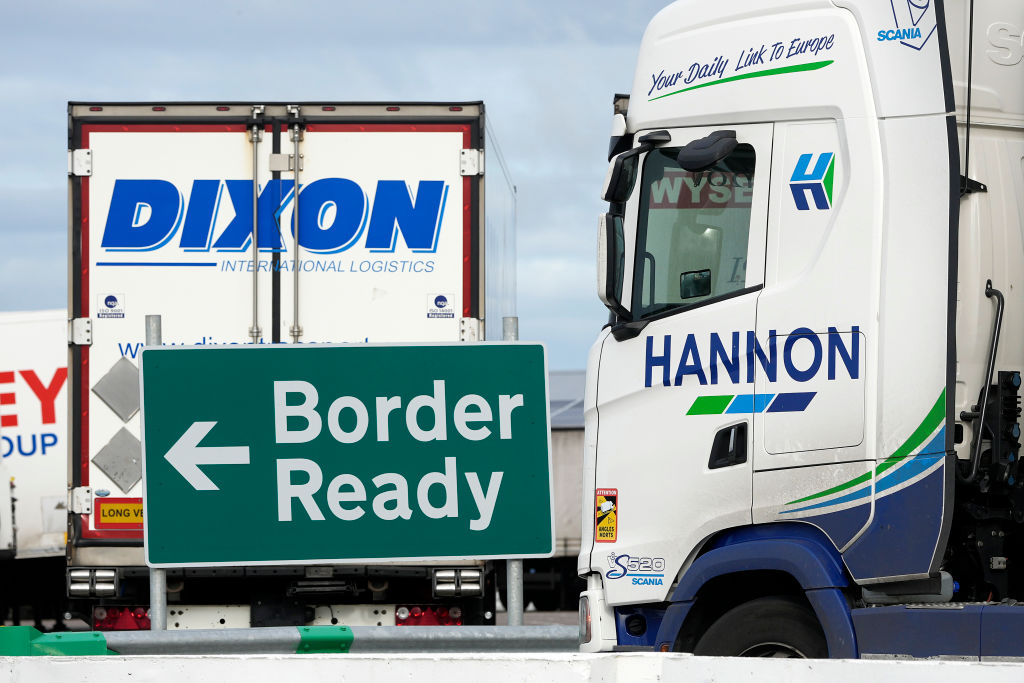Explainer: Will bringing in more foreign workers fix our labour market?

This week, the government unveiled its plan to effectively ban illegal immigration into the UK – raising eyebrows for the project’s feasibility in some corners, while others questioned its alignment with international law. In parallel, the government started working on loosening rules to bring in more foreign workers – starting from the construction sector.
Our labour shortages are nothing new. You might remember Prince Charles calling for an army of “fruit pickers” during the pandemic. “I can only urge you to Pick For Britain”, he said in a video released at the height of the pickers’ shortages, when fresh produce in our fields was going rotten as no one was there to pick it up.
Then came the shortage of lorry drivers. There was already a shortage of 60,000 lorry drivers before the pandemic, as pay is often low and hours can be very unsociable. Now the number is expected to be even higher; Keir Starmer previously suggested we could be short by around 100,000 drivers. To ease the pressure, the government introduced special visas to make it easier for foreign lorry drivers to come work in the UK.
Now more people working in construction – from bricklayers to carpenters – are needed. The migration advisory committee has suggested they should be added to the shortage occupation list.
The list allows businesses to employ staff at 80 per cent of the going rate for the profession in question. It also enables them to bring in foreign workers with reduced visa fees. Jobs currently on the list include care workers, scientists, civil engineers and vets.
Plans to enhance the number of foreign workers have proven controversial before. Both the Conservative and the Labour party know this, and they’re setting out policies to lure more British people back into the workforce, reducing the number of economically inactive citizens.
But the hole in our workforce is so big that that alone won’t be enough. With the impact of Brexit and the pandemic, the country still needs more people to come in and work in specific sectors.
The government is clearly trying to shape an immigration system that works more in the economic interests of the country than anything else. Yet even with the shortage occupation list, concerns of underpayment and exploitation have previously been raised.